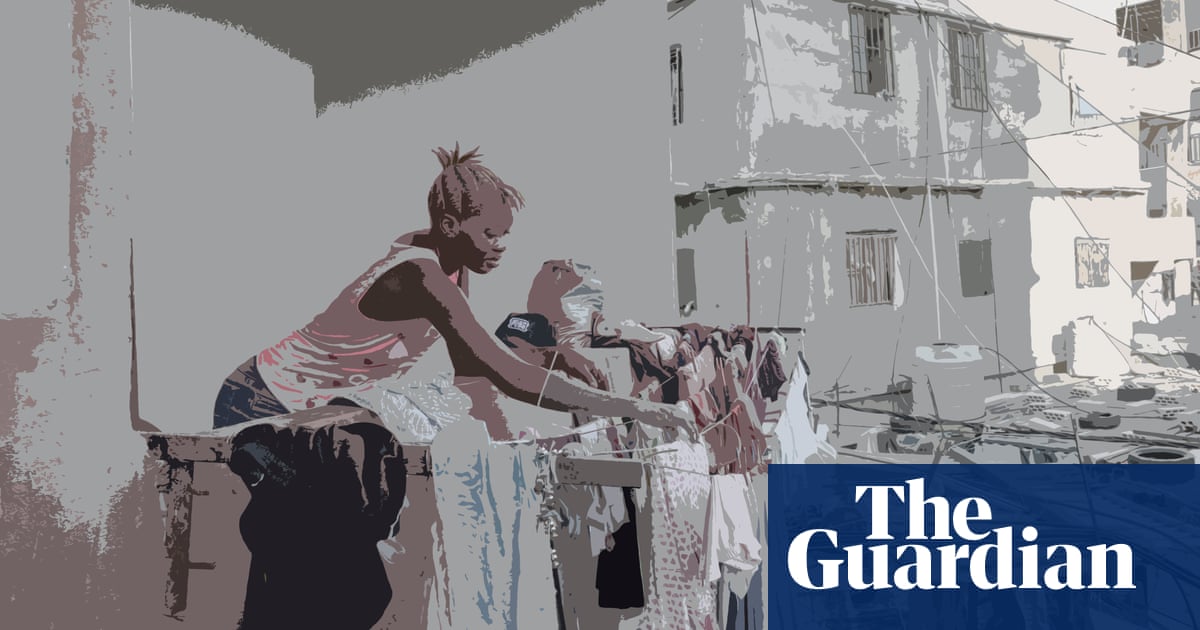Condemned as dangerous and abusive, the kafala labour system not only disregards migrant workers’ rights but depends on exploitation. But 10 years after Qatar was advised by the UN to abolish kafala (“sponsorship”) entirely and replace it with a regulated labour network, the system is thriving across Lebanon, Jordan and the Gulf states – with the region’s most vulnerable migrants hidden behind closed doors.
Over two years, the Guardian spoke to 50 women who are or were domestic workers in the United Arab Emirates, Saudi Arabia, Kuwait, Oman, Qatar or Jordan. Their testimony reveals a section of society operating under appalling conditions facilitated by the state’s employment apparatus.
Female domestic workers, generally excluded from labour protection laws by working in private homes, are heavily dependent on their employers.
Even in states where kafala laws have been amended or reformed, as in Qatar after the 2014 UN report, little has changed and women report conditions that experts say amount to forced labour.
All of the women interviewed worked seven day weeks and had passports confiscated by their employer. Many reported being subjected to violence and sexual abuse. Most had to pay recruitment fees to get their jobs.



Domestic worker isn’t exactly a euphemism here. It refers to the type of work done, ie someone who does house-work. Slave refers the situation the work is done under.
I completely agree that the word slave accurately describes their situation and is conspicuously absent from the article.
Still a euphemism. The correct term would be “house slave.”
https://en.wikipedia.org/wiki/House_slave